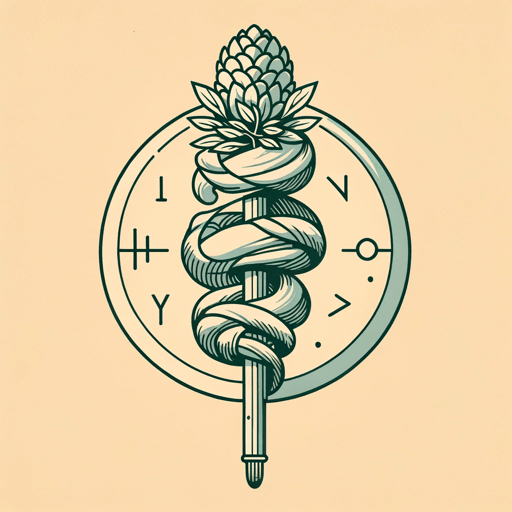31 pages • 1 hour read
EuripidesThe Bacchae
Fiction | Play | Adult | Published in 405A modern alternative to SparkNotes and CliffsNotes, SuperSummary offers high-quality Study Guides with detailed chapter summaries and analysis of major themes, characters, and more.
Symbols & Motifs
Theoxeny
Theoxeny is a traditional motif that features a god traveling in human disguise, punishing or rewarding mortals depending on their actions and treatment of the god. In his opening monologue, Dionysus reveals who he is to the attendees of the tragedy and that his intentions are to punish disbelievers. To the Thebans, however, he presents himself as a mortal man from Lydia and priest of Dionysus who has brought the god’s rites west. No one in the play is aware of his identity, not even the Bacchants who have traveled with him from the east, and he remains in this disguise until the end of the play.
Related Titles
By Euripides
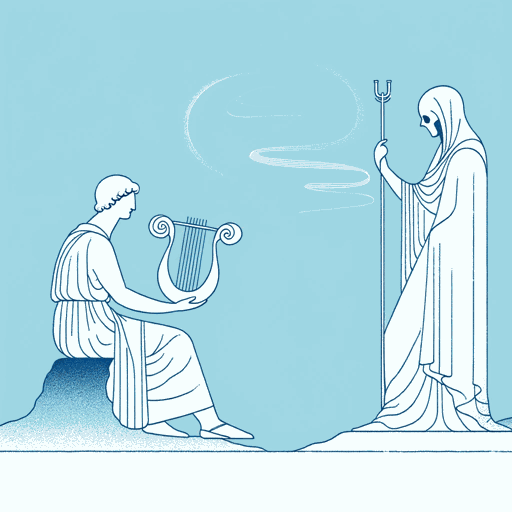
Alcestis
Euripides
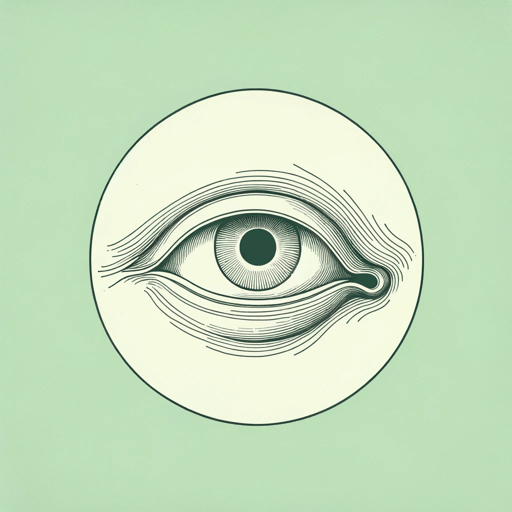
Cyclops
Euripides
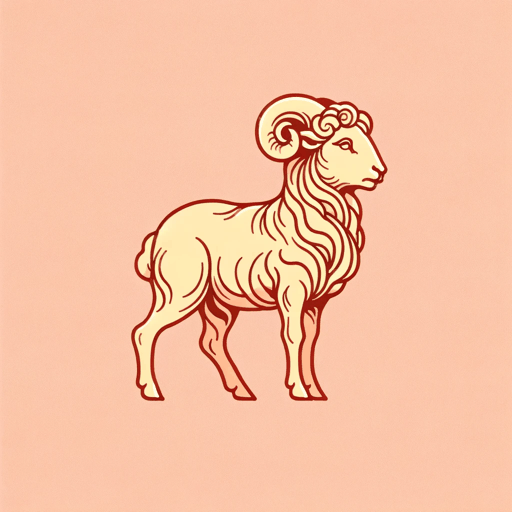
Electra
Euripides
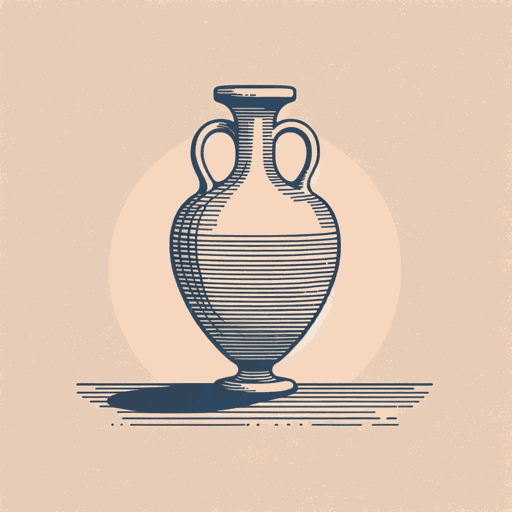
Hecuba
Euripides

Helen
Euripides
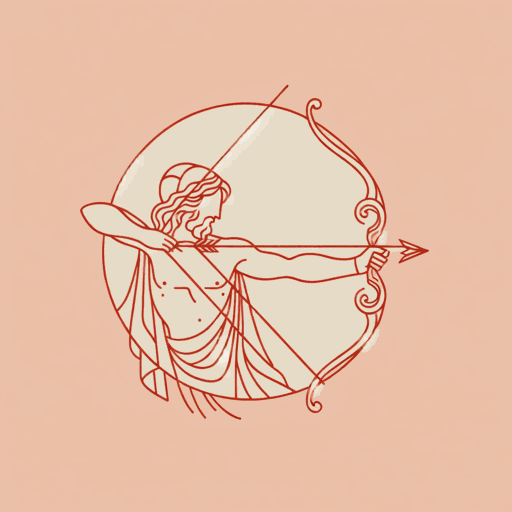
Heracles
Euripides

Hippolytus
Euripides

Ion
Ed. John C. Gilbert, Euripides

Iphigenia in Aulis
Euripides
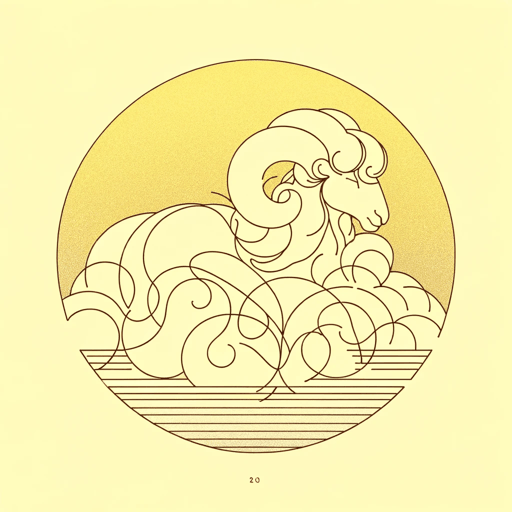
Medea
Euripides
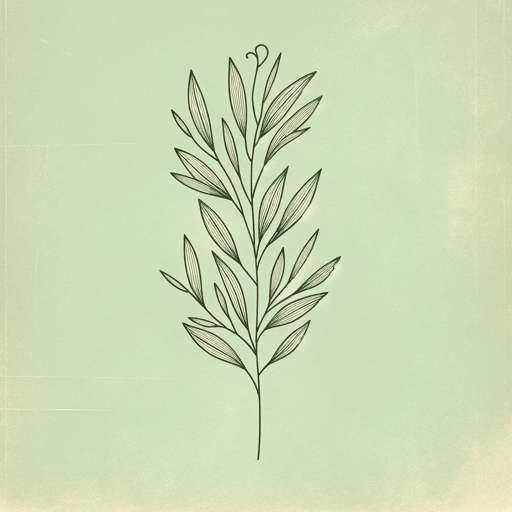
Orestes
Euripides
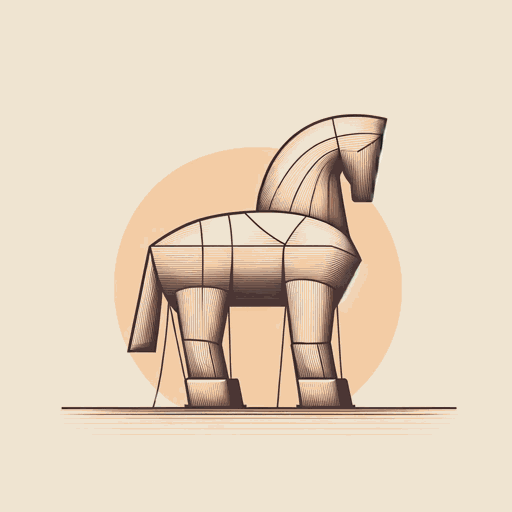
Trojan Women
Euripides
